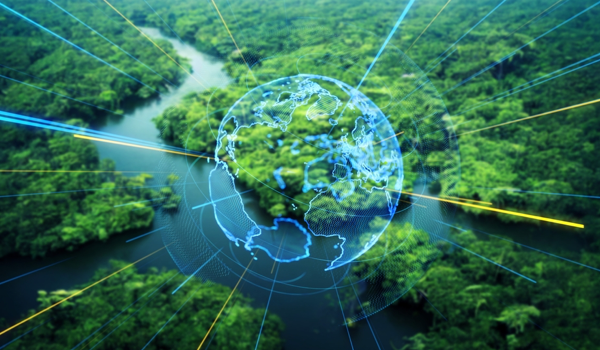


CAMBRIDGE, UK - With the world on track to exceed 1.5° Celsius of warming in the next decade, one should expect climate hazards to intensify, driving millions more into famine, causing trillions of dollars in damage, and disproportionately harming the countries that contributed the least to the problem. Worse, a global biodiversity crisis is also at hand: Ecosystems are being eroded to the point of collapse, and the extinctions of species are accelerating at a frightening pace. Here, too, the poor are disproportionately affected.
To address this dual crisis at the pace and scale needed, the international community must change its approach. Historically, global agreements to address climate change and biodiversity loss have been negotiated separately, even though the two issues are closely interlinked. Moreover, the process has been marred by structural disparities, power imbalances, and prioritization of national and commercial interests over the global common good
The content herein is subject to copyright by Project Syndicate. All rights reserved. The content of the services is owned or licensed to The Yuan. The copying or storing of any content for anything other than personal use is expressly prohibited without prior written permission from The Yuan, or the copyright holder identified in the copyright notice contained in the content. Continue with Linkedin
Continue with Linkedin
 Continue with Google
Continue with Google









 650 views
650 views








